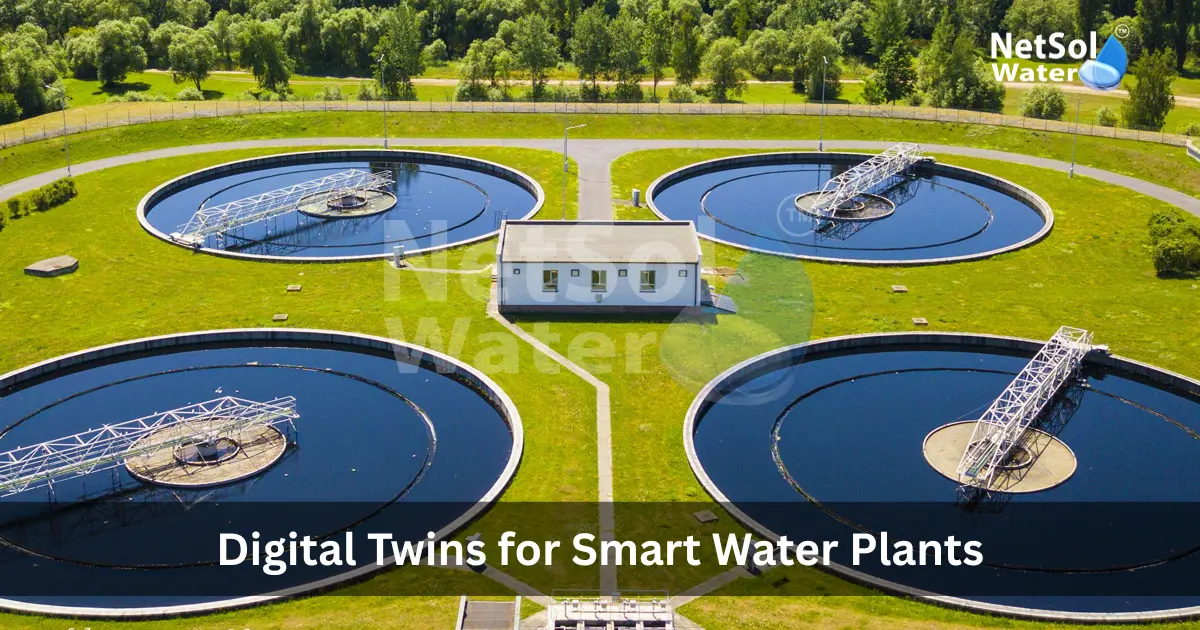Hard Water Solutions for Manufacturing Plants
Water plays an essential role in manufacturing operations. Many manufacturing plants face challenges with hard water, which impacts equipment performance and longevity. Hard water contains high levels of calcium and magnesium minerals that create scale buildup inside pipes and equipment. This accumulation leads to equipment inefficiency. Manufacturing plants need effective hard water solutions to maintain production quality and protect expensive machinery. The presence of hard water affects various industrial processes, including cooling systems, boiler operations and cleaning procedures. Understanding hard water treatment options helps plant managers make informed decisions to safeguard their equipment and optimize manufacturing processes.
We will discuss Hard Water Solutions for Manufacturing Plants, focusing on prevention methods, treatment systems and maintenance practices.
Scale Formation and Equipment Impact
Hard water creates significant problems in manufacturing settings. Scale deposits form when dissolved minerals in hard water crystallize and stick to equipment surfaces. These mineral deposits accumulate over time creating a thick layer that restricts water flow and heat transfer. Manufacturing equipment affected by scale buildup requires more energy to operate. The heating elements in boilers and heat exchangers work harder to maintain required temperatures. Production lines experience unexpected downtimes due to equipment maintenance or replacement. Scale formation also impacts product quality especially in processes that use water directly. The interaction between hard water minerals and cleaning agents reduces cleaning effectiveness. Understanding scale formation helps plant managers implement appropriate preventive measures. Let us explore the common areas where scale formation occurs and its effects on manufacturing equipment.
Common Areas Affected by Scale
Cooling towers experience substantial scale buildup on fill materials and heat exchange surfaces. The continuous evaporation of water concentrates mineral content leading to accelerated scale formation. Boiler systems suffer from reduced heat transfer efficiency when scale coats heating surfaces. Process equipment like heat exchangers, reactors and tanks develop scale on internal surfaces. Water pipes throughout the facility experience restricted flow due to mineral deposits. Manufacturing tools and molds that come in contact with hard water show premature wear. The scale affects sensitive measurement instruments leading to inaccurate readings.
Economic Impact
Scale formation creates substantial financial burden for manufacturing plants. Equipment replacement costs increase due to shortened equipment life spans. Energy consumption rises as systems work harder to overcome scale-related inefficiencies. Production schedules face disruption during equipment cleaning or replacement. Product quality issues lead to increased waste and customer complaints. Maintenance costs escalate with frequent descaling requirements. Plant managers need to consider these economic factors when evaluating hard water treatment options.
Hard Water Treatment Methods
Manufacturing plants have several options for treating hard water problems. Each treatment method offers specific advantages based on water quality plant requirements and budget considerations. Plant managers should evaluate these solutions based on their facility’s needs. The selection process involves analyzing water quality testing results, understanding process requirements and considering implementation costs. Let us examine the main treatment methods available for manufacturing facilities.
Water Softening Systems
Industrial water softeners remove calcium and magnesium through ion exchange. The process replaces hard water minerals with sodium ions. Water softening systems require regular regeneration with salt. These systems work well for smaller applications with moderate hardness levels. The treated water prevents new scale formation in equipment. Plant managers must consider salt storage and handling requirements. Regular maintenance ensures optimal performance of the softening system.
Chemical Treatment Programs
Chemical treatments prevent scale formation through various mechanisms. Scale inhibitors modify crystal formation preventing mineral deposits from sticking to surfaces. Dispersants keep minerals suspended in water preventing them from settling. Chemical programs require precise dosing and monitoring systems. Plant personnel need proper training for chemical handling and testing. Regular water analysis helps optimize chemical treatment programs.
Reverse Osmosis Systems
Reverse osmosis removes dissolved minerals through membrane filtration. These systems produce high-quality water suitable for sensitive processes. RO treatment reduces the need for chemical additives. The systems require pretreatment to protect membrane elements. Plant managers should consider water recovery rates and concentrate disposal. Regular membrane cleaning maintains system efficiency.
Preventive Maintenance Practices
Effective maintenance programs help manage hard water problems in manufacturing plants. Regular monitoring and preventive actions reduce equipment damage and operational disruptions. Plant managers should develop comprehensive maintenance schedules. Staff training ensures proper implementation of maintenance procedures. Let us examine key maintenance practices for hard water management.
Water Quality Monitoring
Regular water testing identifies changes in hardness levels. Online monitoring systems provide real-time water quality data. Plant operators track treatment system performance through routine testing. Documentation of water quality trends helps optimize treatment programs. Testing results guide adjustments to treatment methods.
Equipment Inspection Programs
Regular equipment inspections identify early signs of scale formation. Maintenance teams document equipment conditions through detailed reports. Inspection schedules align with production requirements. Early detection allows for timely intervention preventing major problems. Plant managers use inspection data to evaluate treatment effectiveness.
Cleaning Protocols
Proper cleaning procedures remove existing scale deposits. Cleaning frequency depends on scale formation rates. Plant personnel follow safety guidelines when using cleaning chemicals. Documentation tracks cleaning effectiveness and equipment condition. Regular cleaning extends equipment life and maintains efficiency.
Take Action for Better Water Treatment:
Take control of hard water problems in your manufacturing plant today. Our team specializes in hard water treatment solutions designed for industrial applications. Contact us to schedule a plant assessment. We will analyze your water quality, develop Hard Water Solutions for Manufacturing Plants and provide ongoing support. Protect your manufacturing equipment and improve operational efficiency with customized hard water solutions.
To explore customised commercial RO plants, Industrial RO plants, ETP or STP solutions for your needs in your areas and nearby regions, Contact Netsol Water at:
Phone: +91-965-060-8473
Email: enquiry@netsolwater.com




